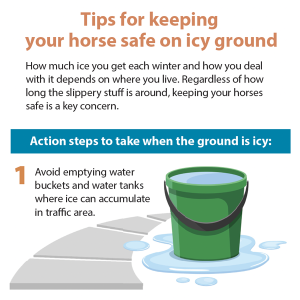
Tips for keeping your horse safe on icy ground
How much ice you get each winter and how you deal with it depends on where you live. Regardless of how long the slippery stuff is around, keeping your horses safe is a key concern.
» View Article
How much ice you get each winter and how you deal with it depends on where you live. Regardless of how long the slippery stuff is around, keeping your horses safe is a key concern.
» View Article
Hyaluronic acid (aka sodium hyaluronate or hyaluronan) is found naturally in your horse’s synovial fluid, which is the fluid contained...
» View Article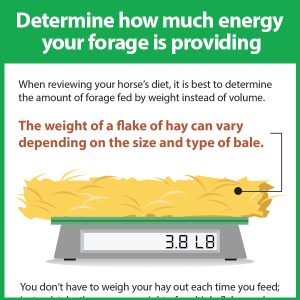
Click here to download a print version of this infographic. Text-only version of “Determine how much energy your forage...
» View Article
Eventually every horse gets to the point where it is time to retire, but when and how depends on the...
» View Article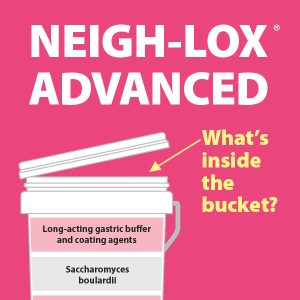
Neigh-Lox Advanced contains a proprietary blend of research-proven ingredients that work synergistically to maintain healthy equine GI tract tissues.
» View Article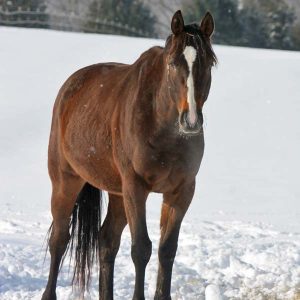
It is easy for horses to drop weight in the cold winter months and you may not notice it until...
» View Article
The capacity of the gastrointestinal tract to absorb nutrients becomes less efficient as horses age. Many older horses are unable...
» View Article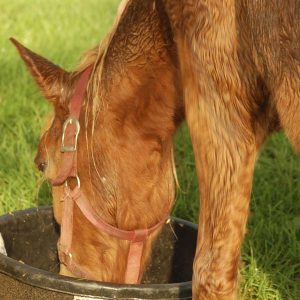
PPID, once known as Cushing’s disease, is now commonly referred to as pituitary pars intermedia dysfunction. In PPID, a portion...
» View Article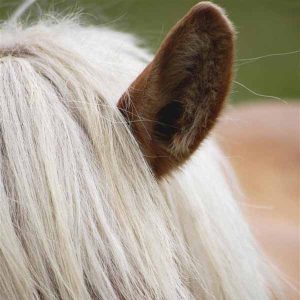
People, cats and dogs often suffer from hearing loss due to injury, illness or old age, but what about horses?...
» View Article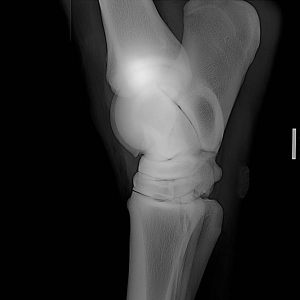
Hyaluronic acid (HA) is an integral component of synovial fluid and articular cartilage. It is responsible for lubrication of the...
» View Article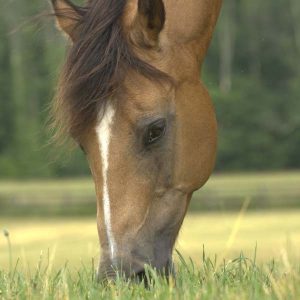
Certain types of horses are at higher risk of developing vitamin deficiencies than others. It may be because they are...
» View Article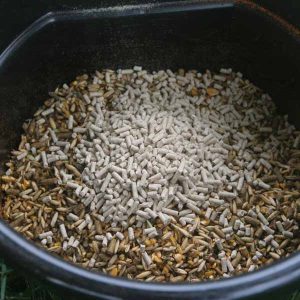
It can be hard to get a picky eater to consume enough calories to maintain optimal condition. Digestive aids, such...
» View Article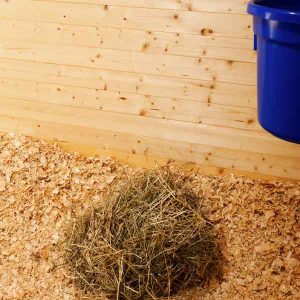
Vitamins and minerals are vital to the horse’s physical well-being. Without sufficient vitamin and mineral intake, it is impossible for...
» View Article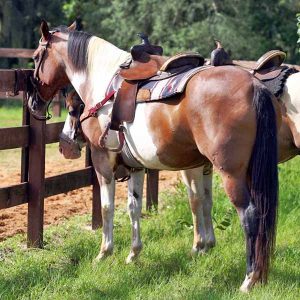
To ride or not to ride, that is the question. Temperature alone is not a good guide when it comes...
» View Article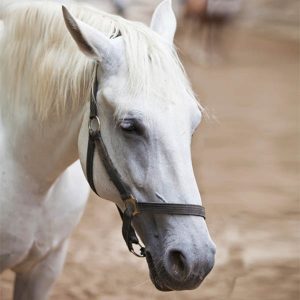
A scoop of grain and two fluffy flakes of hay in the morning. A scoop of grain and two fluffy flakes...
» View Article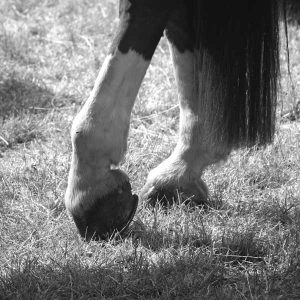
In healthy joints, the ends of the bones are coated with a thin layer of friction-reducing tissue known as articular...
» View Article
Feeding directions are an important place to start. As human beings, we have the ability to manage our own daily...
» View Article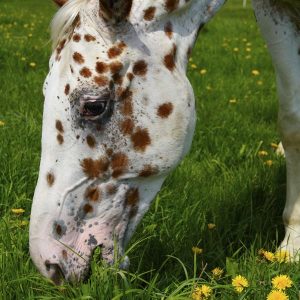
The far-reaching effects of vitamin E in equine nutrition are well known. Vitamin E plays imperative roles in immune, cardiovascular,...
» View Article
Why choose Equi-Jewel? Equi-Jewel® was developed by Kentucky Performance Products, LLC to safely meet the energy needs of today’s horses....
» View Article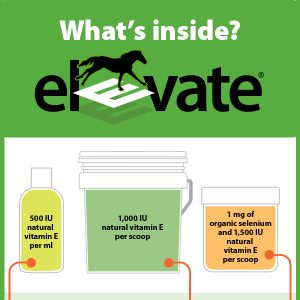
Click here to download a print version of this infographic. Text-only version of “Elevate®: What’s Inside” Elevate® W.S. Natural vitamin...
» View Article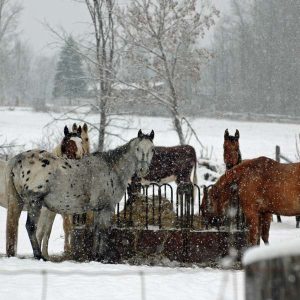
As pastures fade from green to brown, horse owners all over will soon be feeding hay to meet their horses’...
» View Article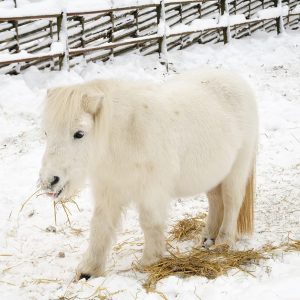
Preventing winter weight gain in easy keepers. Some horses gain weight when given a winter break from trail riding, training,...
» View Article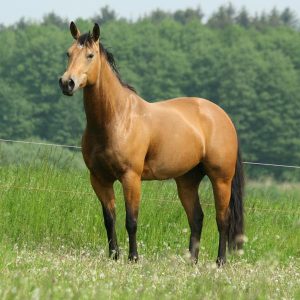
Packed with energy Fat is an effective energy source for horses. Pound for pound, fats provide 2.25 times more energy...
» View Article
Amino acids are the building blocks of protein. As with anything, too much protein can cause problems. It is best...
» View Article
"*" indicates required fields